Mélanie Laurent‘s “Freedom” proved to be a liberating production for both the writer/director and her lead star, Lucas Bravo.
“Emily in Paris” breakout star Bravo makes his leading man debut in the Prime Video true crime film inspired by Bruno Sulak. Bravo portrays the infamous thief and con artist who masterminded jewelry-store heists without real guns in 1970s and early-’80s France. Newcomer Léa Luce Busato has her first screen role as Sulak’s getaway driver and girlfriend, Annie.
While Laurent describes “Freedom” as a French take on “Catch Me If You Can,” the filmmaker also told IndieWire the feature is truly more of a love story that is “almost like a rom-com” meets “Bonnie and Clyde.” Yet it took Laurent a decade after Philippe Jaenada’s biography “Sulak,” released in August 2014, to bring her vision to the screen.
“It had all those crazy elements for a movie. And I just asked myself, ‘That’s weird [it hasn’t been made yet],’ because he was public enemy number one for so long. He was on TV every single day. He literally was the most amazing, cinematic robber we ever had,” Laurent said. “He literally robbed Cartier twice in the same week when all of the cops were chasing him. He disguised himself as a tennis player and arrived in a Rolls Royce and escaped from jail so many times.”
But it was Sulak’s sensitivities and Laurent’s gender that apparently held back both of their stories.
“He also was more feminine than masculine as a gangster. The ’80s in France was really driven by [Jacques] Mesrine and François [‘Lydro’ Spirito] and those really big gangsters, and we made movies about them. Those guys had so much blood on their hands and never treated women well. And I just asked myself, ‘That’s interesting to realize that when someone is a poet and never used violence and has one girlfriend […] why did we forget about that guy? Why did history and society forget about interesting ones, and we only remember the crazy ones?’ That was almost a philosophical question in the first place,” Laurent said. “10 years ago, big French directors wanted to direct the movie after the book arrived. Nobody trusted me at that period of time to make a movie like this because I was coming from auteur movies, smaller movies, and I was a female director. Everything was wrong on paper. And then 10 years later, I’m doing it. It just makes me feel like we changed, and something happened in those 10 years for female directors.”
 ‘Freedom’Prime Video
‘Freedom’Prime VideoLaurent credited streaming platforms like Netflix and Prime Video for having an “American spirit” when it comes to meritocracy. While Laurent “never had any problems being produced as a female director in France in years,” she was still overlooked for bigger budget productions, especially for a would-be action film like adapting “Sulak” into “Freedom.”
“The harder thing is to go from very, very small movies to very big movies in France. And that’s almost the opposite thing in America. There are so many examples of small, independent directors starting to direct Marvel movies because producers in America can see a maker and can see something that they can use and make it bigger. In France, you live in boxes,” Laurent said. “If you are coming from auteur movies, you are not going to have a big budget for having an action movie. You have to prove yourself.”
Laurent explained that proving herself was “tricky” because “French directors are gods in France,” whereas in America, “if you’re not huge, you’re a maker. You can be fired from the editing room after two weeks. It’s in every contract that you can lose your final cut, which is absolutely insane in the French world.”
Laurent credited her own acting experiences in films like “Inglourious Basterds,” “Don’t Worry, I’m Fine,” “Beginners,” and “Now You See Me” in both the U.S. and France for helping her navigate the international market as a filmmaker.
“It’s very interesting to see how you go to two different worlds. I really love the energy of working in the U.S. I love the actors there and the fact that they are so into it. They are huge workers. And then you can have fights between producers there, but then it’s the opposite in France,” Laurent said. “As long as you can mix those experiences and then create something in the middle, it’s great. You have your French producer at these streamers, and they are probably the ones that trust you the most and push you to do cinema, but then it’s also the American way to work.”
As a director, Laurent was given more freedom to take on bigger features on streaming platforms.
“I did ‘The Mad Women’s Ball’ on Prime, and that was my first success. And then I did ‘Wingwomen’ on Netflix, which was an action movie with a big budget,” she said. “All of this trust from streaming platforms to make something bigger and international helped me be free today and say to theaters and streamers, ‘This is the next movie I want to make.'”
Laurent added, “I have a feeling we are still giving so much money and big budgets to male directors in France. But it’s successful, so it’s fine, and it’s good for everybody in the industry. But I’m curious to see if, in the future, it’s possible to get a theatrical release with a bigger budget in France.”
“Freedom” reunites Laurent with Amazon’s Prime Video after her 2021 feature “The Mad Women’s Ball.” Laurent directed “Freedom” from a script she co-wrote with Chris Deslandes. The feature had only seven weeks of pre-production a whirlwind shoot.
“When I was writing the script, I knew that visually I really wanted to be on the run with them the whole time,” Laurent said of capturing the crime elements of the biopic. “I wanted the feeling that they were taking too much risk. I got in the car with them with the camera, which men [directors] couldn’t [due to their stature].” (Similarly, Laurent’s French filmmaker peer Claire Denis climbed into a trunk for “Stars at Noon” scenes as she was the only person in the production team that could fit with the camera.)
 Léa Luce Busato in ‘Freedom’
Léa Luce Busato in ‘Freedom’Laurent added that “Freedom” was her “first experience filming many men” and in a cast led by Bravo. Laurent purposefully wanted to take Bravo out of his zeitgeist spotlight as the lovelorn Gabriel from Emily in Paris.
“I wanted to have fun taking Lucas from Netflix and bringing him to Prime and breaking the ‘sexy chef’ image,” Laurent said. “I wanted to do something more complex, breaking some cliches or expectations. Because I had that experience as an actor, I know what it feels like to have your first lead part in your career. I remember precisely being on set every single day and carrying a movie for the first time. I know how crazy it is and how you feel not being part of a big cast but being the lead.”
Bravo told IndieWire that it was a “leap of faith” for Laurent to cast him.
“I didn’t know if I was confident enough to be a leading man yet, because I am still at the very early stage in my career. But she saw it in me, and I chose to trust her. I trust her vision. I would be crazy not to,” Bravo said. “She debuts a lot of actors, and she also gives a second wind to actors that were kind of stagnating in this industry. I followed her blindly.”
Bravo had only five days between wrapping “The Balconettes,” in which he played the “very demanding role” of a serial rapist, to transform into Sulak for “Freedom.” Laurent eased the transition for Bravo.
“It was kind of traumatic in the beginning because I felt like this sociopath from ‘The Balconettes’ pretending to be Sulak as a lie. Really, Mélanie ‘loved’ me back to the right interpretation, and I was able to digest the movie while shooting [another] movie [‘Freedom’], which is not the advice I would give to anyone, but I didn’t have a choice,” Bravo said of the back-to-back productions.
Bravo was determined not to “fall into some kind of mimicking” of Sulak, like with Rami Malek’s take on Freddie Mercury for the biopic “Bohemian Rhapsody,” as Bravo cited. Instead, Bravo and Laurent devised a plan to include 50 percent of Sulak research and 50 percent of Bravo’s own interpretation of the character.
“We didn’t want him to just be a caricature of Bruno Sulak and heists. It needed to be subtle,” Bravo said. “It took a while to find the right balance, because every person we talked to had a different opinion of Bruno. We realized that nobody knew who he was, really, so we had to make a choice: Who is he, really? He was still a con man. He was still dangerous. It’s interesting to see how he was able to shapeshift. That implied to bring a lot of me to fill in the blanks. But there was a lot of information as well.”
Bravo used prison recordings to find the “sweetness of his laugh” and also read Sulak’s poems and essays in the jail publication “The Other Journal.” Bravo also wore Sulak’s perfume and made a playlist to get into character.
 ‘Freedom’
‘Freedom’Laurent’s directing style also allowed Bravo to play with the portrayal of Sulak on set.
“On ‘Freedom,’ we were completely free,” he said. “Even scenes that didn’t exist, we created them on the spot. It felt so good.”
According to Bravo, “Freedom” could only have been made by a woman director.
“Most of the gangster movies are shot by men, and Mélanie brought a completely different approach. She made it a love story with robberies in the back. The robberies are not central,” Bravo said. “The same script in a man’s hands would have been way more about the robberies. I’m so glad to be part of that symbol.”
According to Bravo, female filmmakers are the only directors who haven’t typecast him after his viral role in “Emily in Paris.”
“Women directors allowed me to break out of what could have been something very closed, because they see more. They’re more perceptive,” Bravo said. “I’ve always advocated for women directing because of their vision, but now I’m more than ever like, ‘Thank you. Thank you for seeing more.'”
Bravo is set to star “Merteuil,” in a “Dangerous Liaisons” adaptation for HBO France, alongside Diane Kruger, and a “Normal People”-esque limited series about “a throuple by the ocean” titled “Les Saisons.” He will further have a “passionate relationship” onscreen for a queer romance film set in Tahiti. Bravo also has a “beautiful movie” in the works about the inspector who caught Dr. Marcel Petiot, a serial killer who targeted Jews in 1944 Paris.
“I’m going to kick some Nazis soon, and I can’t wait for that,” Bravo said of the role.
He continued of his vast upcoming slate of projects, “It’s the best way to surprise yourself and gain confidence and go even further into that fear. I love that I’ve been given a chance to get that kind of diversity. I love that some people think outside of the box and were able to put Netflix [and ‘Emily in Paris’] aside and be like, ‘I think you’ve got more to show.'”
Meanwhile, who else would Bravo like to work with who can take him beyond “Paris”?
“My dream would be to work with Wim Wenders after ‘Perfect Days’ and ‘Paris, Texas,'” Bravo said. “I think his ability to contemplate, in a world of TikTok and where everything is accelerating, and everything has to be entertaining for 10 seconds, everybody is losing patience. And he’s just doing a movie about a janitor who contemplates trees and leaves. I loved it. We need more people that make movies where you breathe, actually, in a society that is getting a bit suffocating at times.”
 ‘Freedom’
‘Freedom’He cited Xavier Dolan, the Safdie Brothers, and “Spaceman” director Johan Renck as hopeful future collaborators.
“It’s nothing like I’ve ever seen,” Bravo said of “Spaceman.” “I really loved that movie. Paul Dano as a spider? Like, wow. That director, Johan Renck, his first movie was absolutely brilliant. I would love to work with him in the future. When you start with this, you can go anywhere.”
As for Laurent, she just finished a script about “two very opposite women in different cultures who need to transfer rage into peace, because that is the feeling I have about the world right now.”
Laurent added, “I need, as therapy, to talk about women and peace and empathy and how you stand up again after you fall.”
Her slated “The Nightingale” adaptation, with Dakota and Elle Fanning as estranged siblings in World War II, still has not been revisited after COVID delayed production.
“That was nine weeks of prep, and then three days before we were supposed to shoot the movie, it all shut down,” Laurent recalled. “It was really, really hard for everybody to get back to that movie.”
But perhaps there is another literary play in the works for Laurent. When asked if “Freedom” could lead to a James Bond installment — which would make her the first female director in the decades-long franchise — Laurent was in awe.
“You are the second person to ask me that today. That is insane,” Laurent said. “I never even dreamed about it. […] I met Sam Mendes as an actor, and now, once a year, I have a crazy meeting of having drinks with Sam Mendes, and we talk about that. I ask, ‘How did you do that shot? How many cameras do you have on “Bond”?’ Well, they haven’t called me.”
Maybe in another 10 years, at this rate.
“Freedom” streams on Prime Video November 1.

 5 days ago
3
5 days ago
3


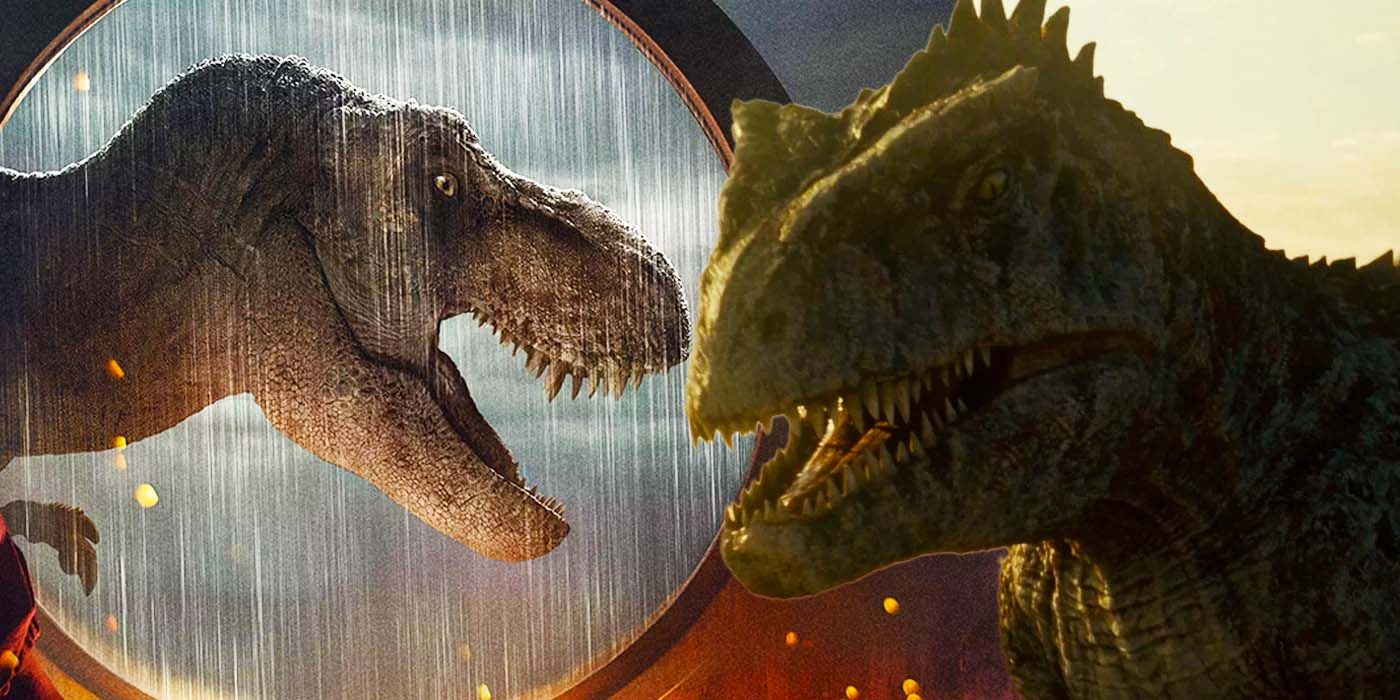
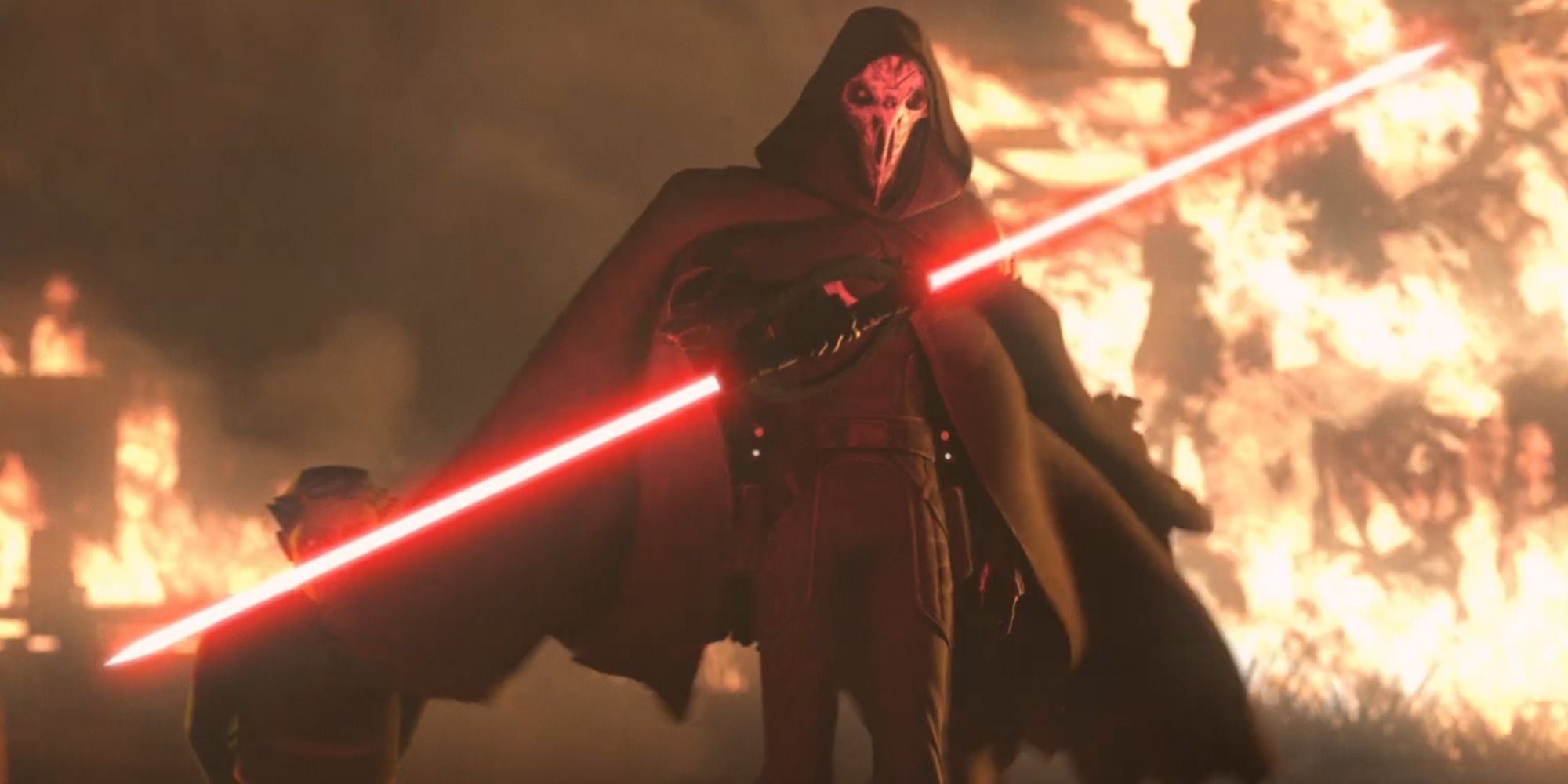

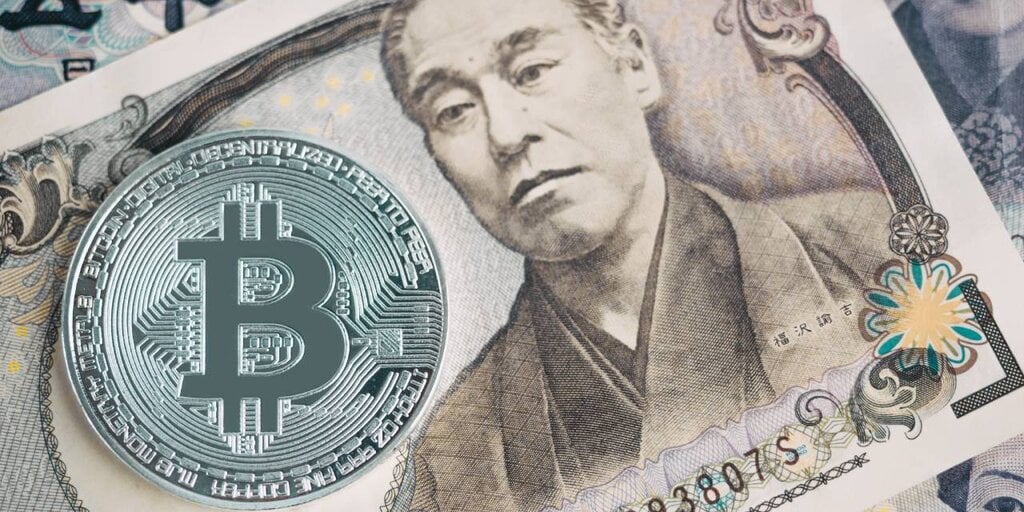
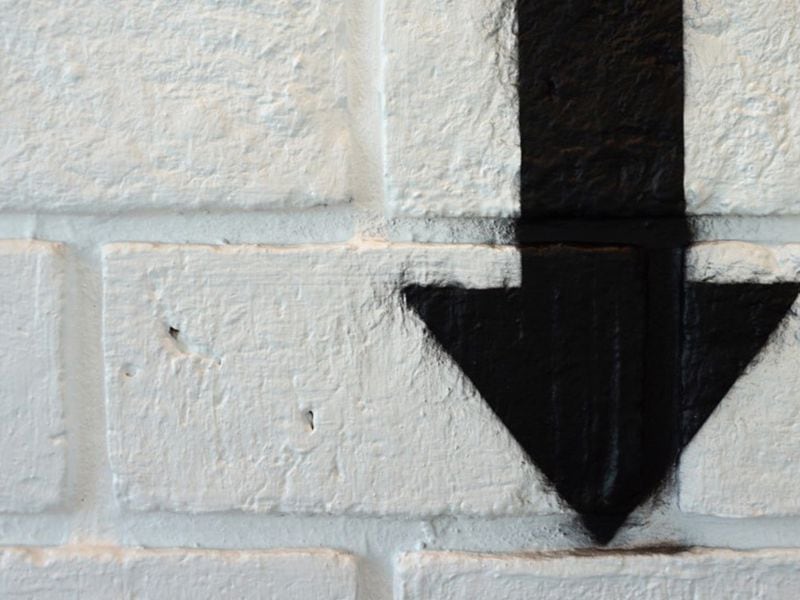
:quality(85):upscale()/2024/11/04/810/n/1922564/da875c20672911f51e8a59.58915976_.jpg)
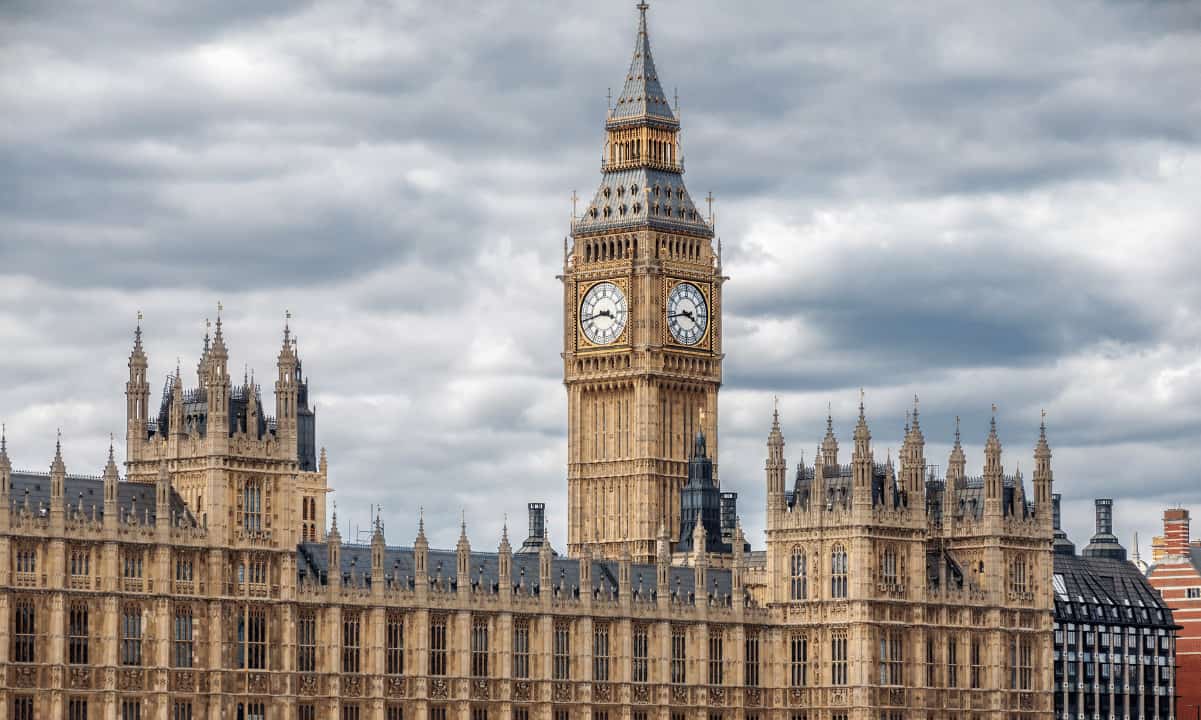

 English (US) ·
English (US) ·